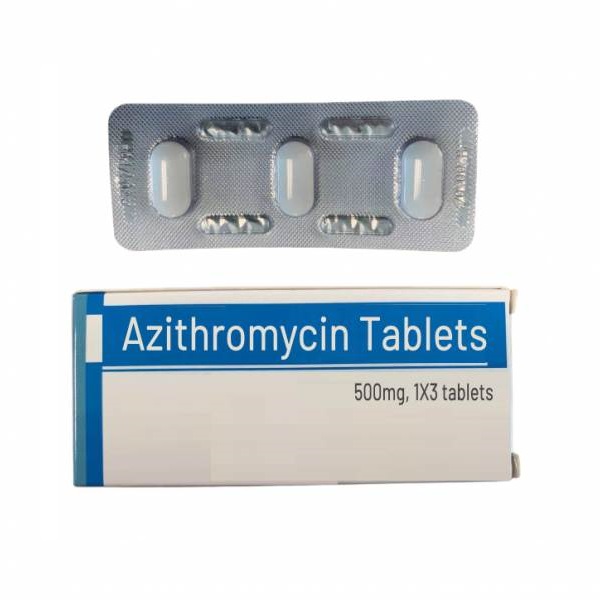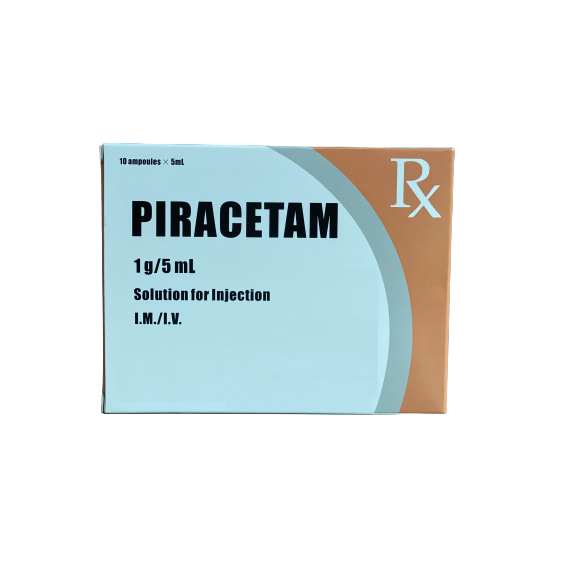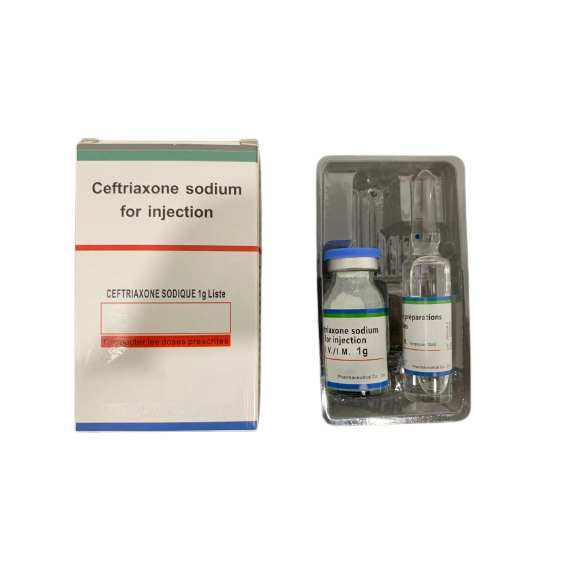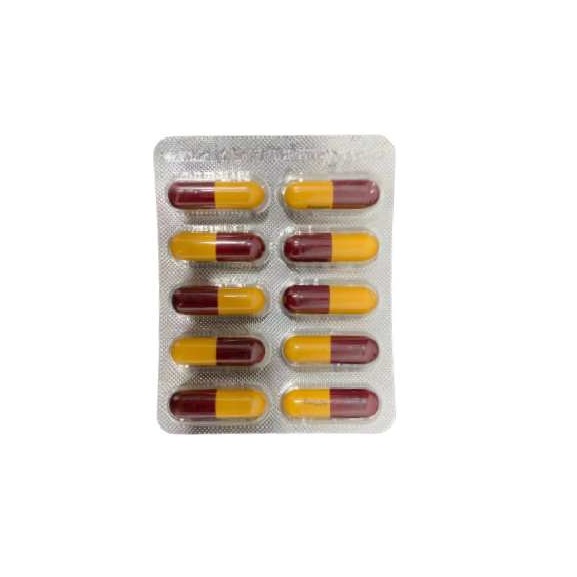Diarrhea disease is a digestive tract syndrome characterized by an increase in defecation times and changes in stool characteristics caused by various reasons. The incidence is the highest in infants aged 6 months to 2 years. And the disease is one of the main causes of malnutrition and growth disorders in children.
What to do if your child has Diarrhoeal Disease?
- Adjust the child’s diet, stop eating greasy food, and babies can shorten feeding interval, choose formula milk or milk powder with low lactose. The elderly children should be fed with easily digested food, such as rice porridge, noodles. Recovery of Chronic diarrhea children’s appetite takes a long time, so feeding needs to start from a smalland frequent meals to normal meals.
- Pay attention to the child’s appetite. Maintain the head to one side position to prevent suffocation when vomit. Observe the characteristics of stool, quantity and urine volume of your child. Change diapersand clean the skin in time and apply moisturizing oil when necessary to prevent diaper rash.
- Develop good hygiene habits. Wash hands with soap and flowing water before breast-feeding and after changing diaperseach time. Wash handsand cut nailsfor the child frequently and keep skin clean. Prepare a special washbasin for your child to poop and pee. Change diapers in time and throw them into the garbage to keep sanitary.
- Take the medication correctly according to the doctor’s advice. Take the microecologics with warm water. Gastric mucosal protective agent should be soaked in water 50ml/pack, and it should be taken on an empty stomach or between two meals to prevent coughing..
Guideline For Children with Diarrhoeal Disease
- No need to take extra medications for children with acute diarrhea, and those after discharged The children with prolonged or chronic diarrhea should continue to take medication according to doctor’s order, such as microecologics, multivitamins, digestive enzymes and others to improve digestive function, according to the suggestions from doctors after discharged, and come back to hospital for follow-upif needed.
- Preventive measures: (1) Pay attention to food hygiene, develop good hygiene habits; (2) Disinfect the tableware; (3) Increase or decrease clothing with the change of climate, carry out appropriate outdoor activitiesto strengthen physical fitness; (4) Scientific feeding. Babies are mainly milk-basedfeeding. Please patiently help your child gradually return to a normal diet according to individual differences after being discharged from the hospital. Supplementary food should be added from less to more, from soft to hard, from fine to coarse, from one to many.





